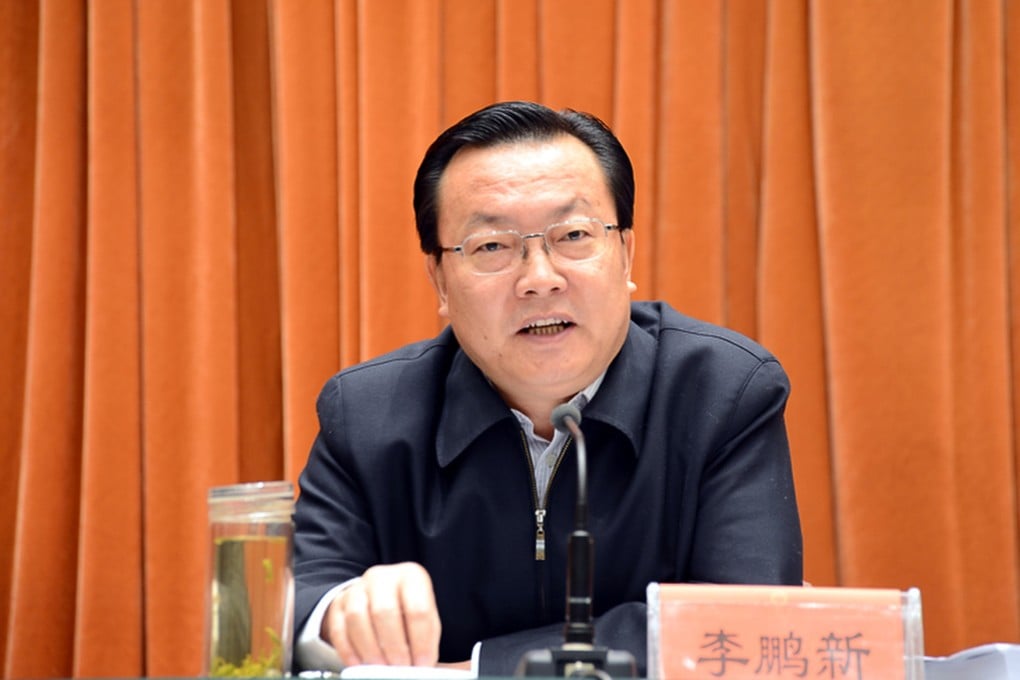Ex-Xinjiang official under investigation by China’s top anti-corruption watchdog
- Li Pengxin, who oversaw a purge of education officials in the far-western region, is being investigated for ‘suspected serious violations of discipline and law’
- Li was formerly party chief of a prefecture in Qinghai, where dozens of officials have been detained over a string of corruption and environmental scandals

The Central Commission for Discipline Inspection (CCDI) said on its website on Monday that Li, 63, the former deputy secretary of the Xinjiang Uygur autonomous region’s Communist Party committee and secretary of the region’s education work committee, was being investigated for “suspected serious violations of discipline and law” – the usual euphemism for corruption.
The announcement came just days after the Politburo urged its discipline inspection and supervision organs to make more of an effort to tighten the political oversight of party cadres and target industries and places where corruption is rife.
The Politburo’s meeting on Friday also announced that the CCDI would hold its plenary session, where it sets out the main focus of its work for the year, between January 8 and January 10.